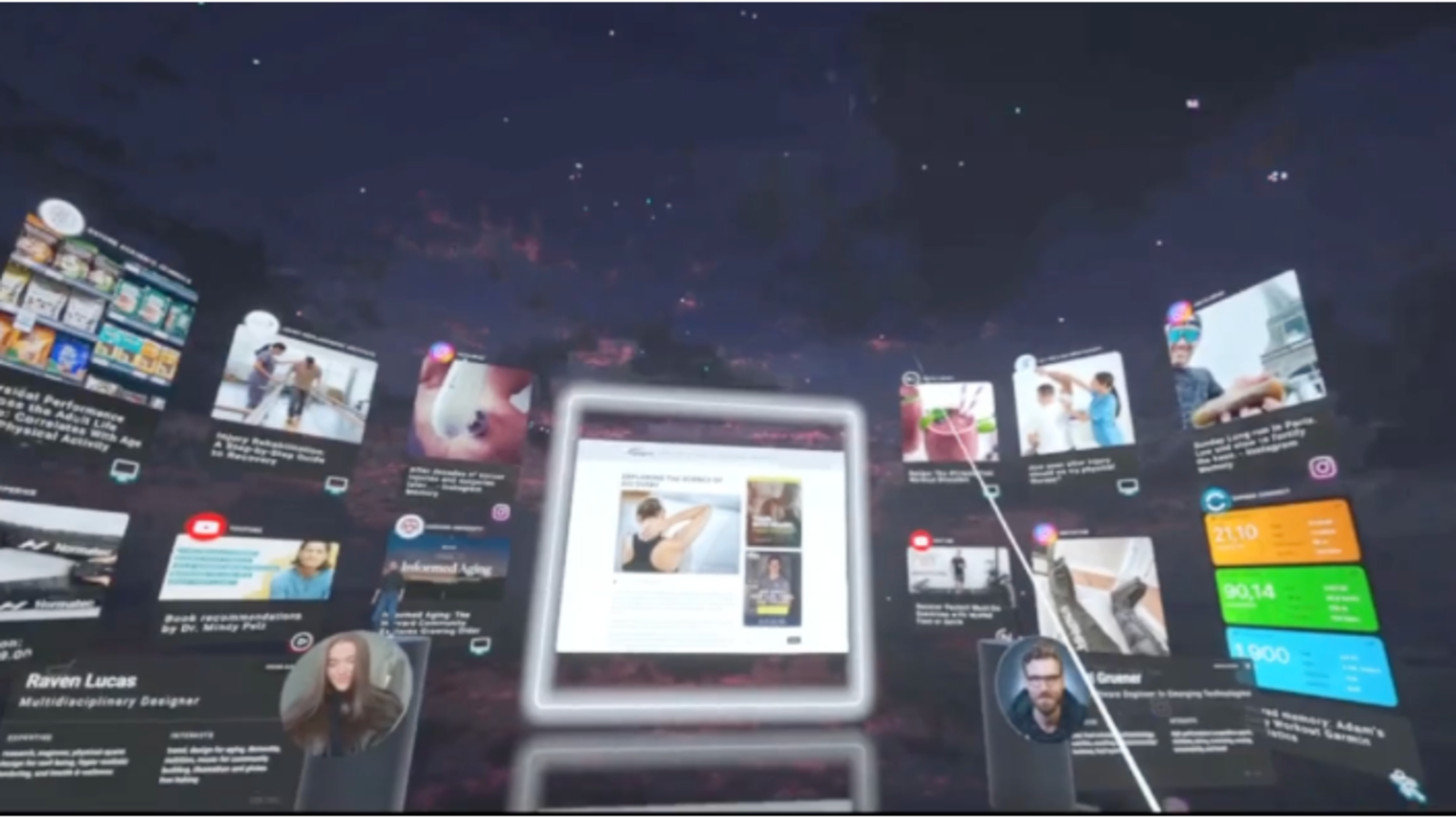Hossein Rahnama, a Canadian computer science professor at MIT, is exploring the capabilities of artificial intelligence in enhancing human-to-human interaction. He is developing AI models that can offer dynamic and simulated interactions based on people’s real-world experiences, utilizing the concept of perspective-aware computing. These models incorporate centralized recommendation systems, symbolic reasoning, and structured learning capabilities to create AI graphs or “chronicles” that users can own and access securely. By orchestrating data in a privacy-preserved manner, Rahnama aims to enable users to see the world through others’ perspectives, enhancing empathy and understanding.
One example Rahnama provides is a chronicle that allows users to experience someone else’s exploration of Paris in the winter, showing where they went, what they ate, and what music they listened to. This technology can have various business use cases, allowing users to view situations through different lenses, such as that of a CEO, ESG specialist, or new intern. Rahnama believes that this type of crowdsourcing could help reduce political polarization and improve relationships through sentiment analysis. The integration of 2D channels and 3D spatial computing environments like OpenDome can enhance the user experience and make interactions more immersive and informative.
Rahnama also explores the concept of dimensional AI, suggesting that kids could interact with robots through augmented reality and observe deepfakes that represent them. He emphasizes that AI should not replace people in the future of work but rather assist them in achieving corporate tasks. By utilizing AI chronicles to improve model building and task execution, employees can work alongside AI to enhance productivity and efficiency. Rahnama envisions a future where data is considered the new asset class, trust is the new currency, and AI drives the new economy, shaping the way we interact with technology and each other.
The applications of perspective-aware AI offer a glimpse into a future where individuals can access and learn from each other’s experiences more effectively and with minimal friction. This technology has the potential to revolutionize human interaction, fostering empathy, understanding, and collaboration across various sectors. By leveraging AI models that enhance perspective-taking and mutual learning, we can harness the power of technology to bridge divides, build relationships, and create a more interconnected world. Hossein Rahnama’s work exemplifies the transformative potential of AI in shaping the future of human-computer interaction and enabling new opportunities for growth and development.













